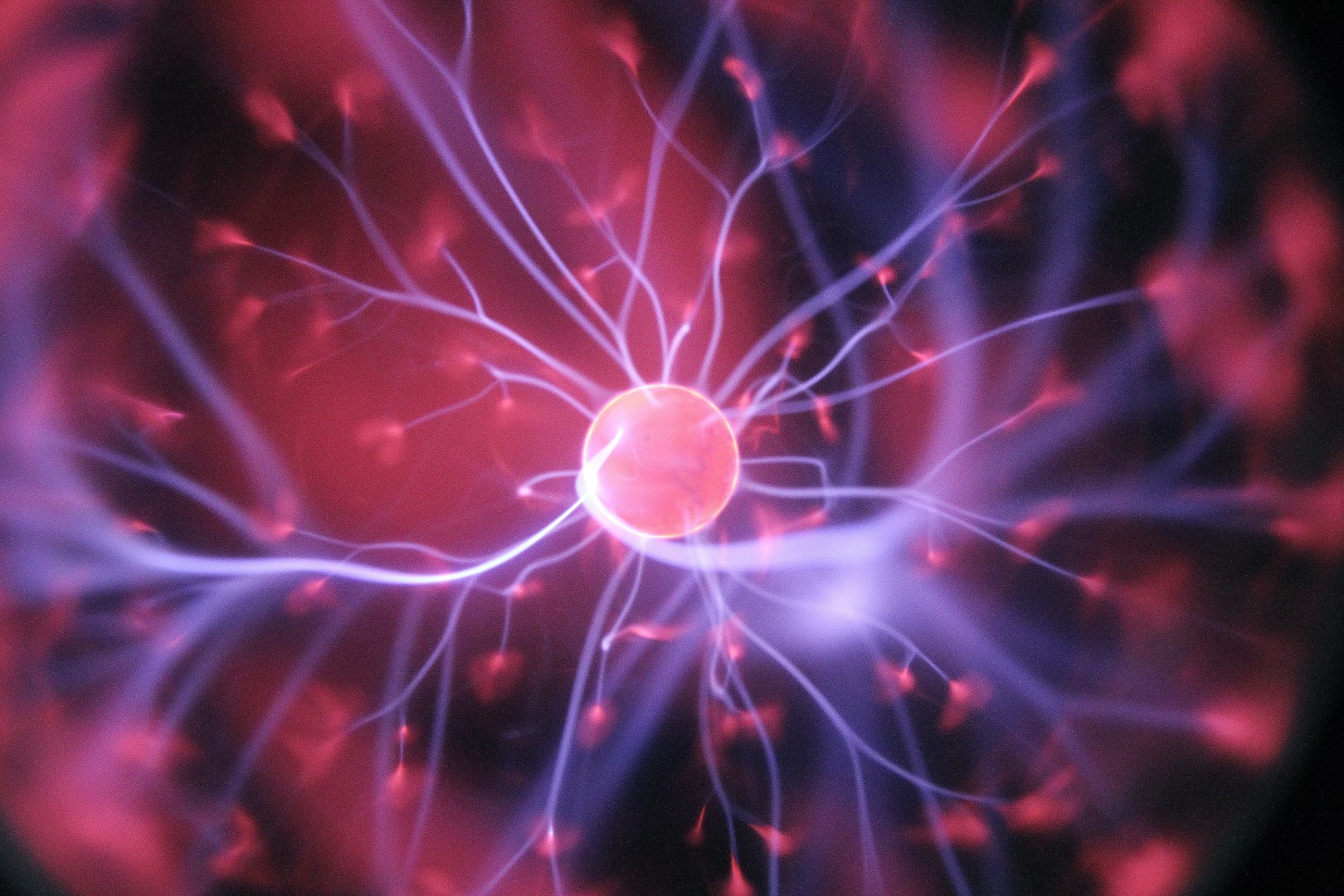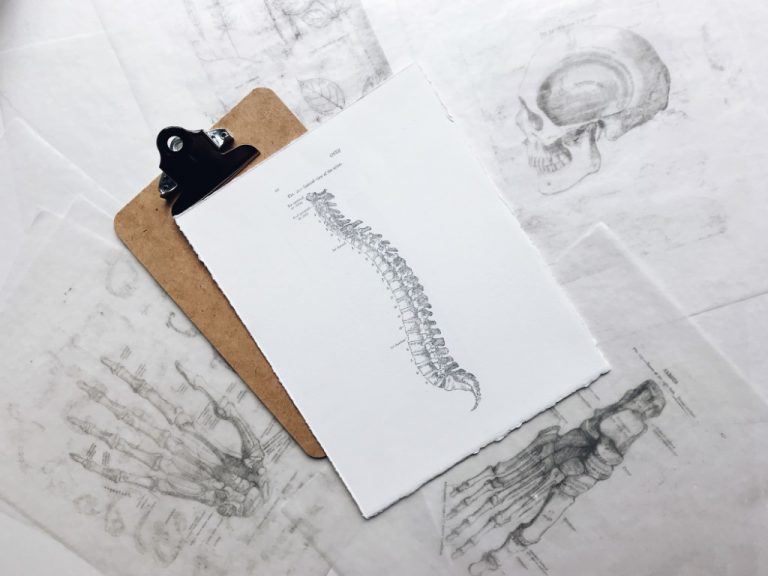What is “traumatic brain injury”?
A traumatic brain injury happens when an external force causes dysfunction on the brain. It usually occurs when someone gets hit with a violent blow or jolt to their head, or the body. A foreign object penetrating the inside of the skull such as a bullet or a skull fragment can also cause traumatic brain injury.
Mild traumatic injury can cause slight dysfunction of a patient’s brain cells. On the other hand, more serious cases of traumatic brain injury can cause bleeding, bruising, and various other physical effects to the brain that may result in coma or death.
How can a person know if they or someone they know have/has traumatic brain injury?
There is a ton of ways for traumatic brain injury to manifest. Some symptoms may appear almost immediately after an incident, while some may take days or weeks to manifest.
Some symptoms may include:
- Passing out for a few seconds to a few minutes
- State of disorientation
- Headache
- Nausea
- Sudden feeling of fatigue or drowsiness
- Loss of balance
- Tinnitus
- Light or sound sensitivity
If a patient exhibits any of the following symptoms, medical attention should be sought immediately:
- Losing consciousness for hours
- Convulsions
- Clear fluid leaking from nose or ears
- Inability to be woken up
- Worsening headaches
- Sudden numbness of the limbs
- Dilated pupils
- Slurred speech
- Confusion
- Comatose
The brain is a sensitive organ and any blow or damage to the head should be of immediate concern. A concussion can range from mild to severe, making traumatic brain injury something that should not be taken lightly.
What causes a traumatic brain injury?
Traumatic brain injury happens as a result of a blow to the head or the body. The most common causes of a traumatic brain injury may include:
- Violence – Some cases of traumatic brain injury involves domestic violence, engagement in fights, or abuse. One of the most common causes of traumatic brain injury in children is shaken baby syndrome—wherein an adult shakes a child violently, that brain cells become damaged in the process.
- Falls – The most common cause of traumatic brain injury in both children and adults are falls.
- Vehicular accidents – Collisions that involve vehicles or pedestrians getting involved in accidents can also be a reason for traumatic brain injury.
- Sports–related injuries – High-impact and extreme sports usually attract various types of accidents and injuries. Traumatic brain injury is pretty common in contact sports such as boxing, football, and hockey.
- Combat injuries – Most military personnel end up getting traumatic brain injury while in active duty due to explosive blasts. Penetrating wounds and body collisions while in service can also cause traumatic brain injury.
If a patient belongs in one of the three following age groups, they are at higher risk of getting a traumatic brain injury:
- Children aged 0 to 4 years old
- Active young adults aged 15 to 24 years
- Seniors aged 75 years and above.
What can be done to treat a traumatic brain injury?
It’s up to a doctor’s discretion if and when they should let a patient return to their normal routines. They usually advise a patient to avoid physical and cognitive activities that might worsen their symptoms. Prognosis for mild traumatic brain injury is usually good, with most patients doing their normal activities after a few weeks or months.
For patients who have had moderate or severe traumatic brain injury will need rehabilitation to get back to normal. Basic skills such as walking or talking would have to be relearned. Therapy and rehabilitation for traumatic brain injury begins while the patient is still at the hospital and will continue via an in-patient rehabilitation unit or outpatient services, depending on how severe the injury was and which part of the brain became affected. Some rehabilitation specialists that a patient might see may include:
- Occupational therapist – A professional that can help a patient relearn or improve some skills for daily activities.
- Physical therapist – Helps with mobility and activities such as walking
- Rehabilitation nurse – provides rehabilitation care and services
- Speech pathologist – helps patients improve their communication skills after a traumatic brain injury.
For further information on how rehabilitation can help a patient improve after a traumatic brain injury, get in touch and we’d be happy to answer all your questions.






